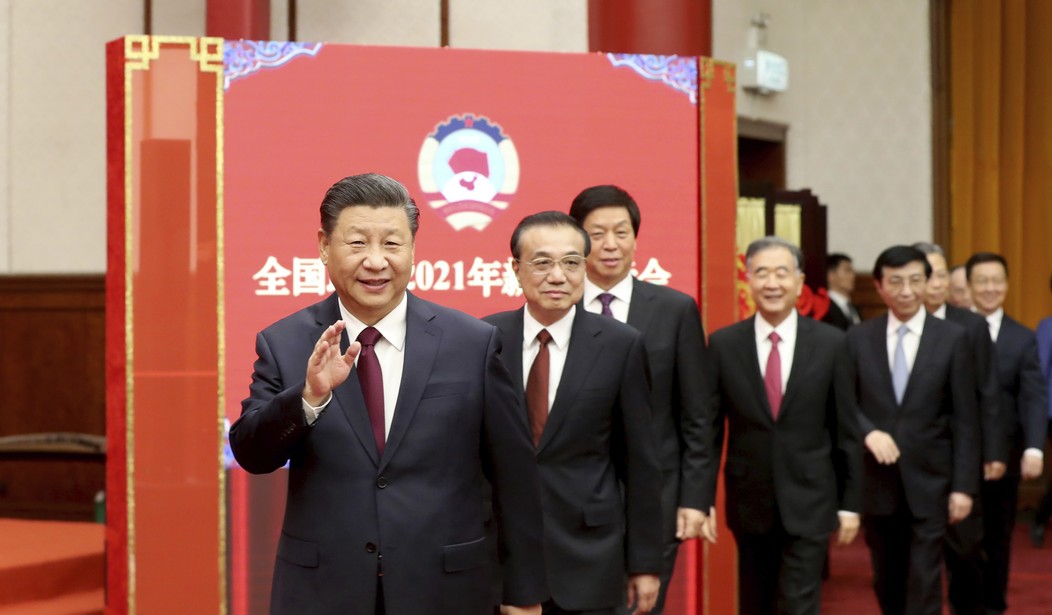The NY Times published an interesting story yesterday about China’s 3-year-long efforts to censor science about the nature and origins of COVID. The story opens with an early Chinese paper about COVID which was suddenly withdrawn without an explanation.
What is now clear is that the study was not removed because of faulty research. Instead, it was withdrawn at the direction of Chinese health officials amid a crackdown on science. That effort kicked up a cloud of dust around the dates of early Covid cases, like those reported in the study.
“It was so hard to get any information out of China,” said one of the authors, Ira Longini, of the University of Florida, who described the back story of the removal publicly for the first time in a recent interview. “There was so much covered up, and so much hidden.”
That the Chinese government muzzled scientists, hindered international investigations and censored online discussion of the pandemic is well documented. But Beijing’s stranglehold on information goes far deeper than even many pandemic researchers are aware of. Its censorship campaign has targeted international journals and scientific databases, shaking the foundations of shared scientific knowledge, a New York Times investigation found.
According to the Times, there’s “no evidence” this censorship had a specific goal with regard to the origins of the pandemic. Apparently this was just part of China’s routine effort to ensure China’s government always looks good and never appears to have been caught flat-footed. Nevertheless, the cover-up did often involve scientific information on some of the earliest cases.
Soon, Chinese researchers were asking journals to retract their work. Journals can withdraw papers for a number of legitimate reasons, like flawed data. But a review of more than a dozen retracted papers from China shows a pattern of revising or suppressing research on early cases, conditions for medical workers and how widely the virus had spread — topics that could make the government look bad.
By early March, the government demanded that all research topics related to COVID had to be vetted first by a task force of government minders. Naturally, those who failed to fall in line were threatened with punishment. And so Chinese scientists began asking journals to retract their papers.
Any mention of early cases in December was a hot topic because, officially, China had reacted swiftly to the new virus and definitely hadn’t allowed it to spread for weeks before letting anyone know about it. In one case the data used in a published paper originally said it was based on infections that happened in December. Then the paper was changed to say the infections happened in January. Then it was changed again to split the difference.
In China, all science is political science. It’s behavior like this that makes it impossible to trust anything China says about the origins of the virus. One commenter on the article made the point:
Based on available evidence, I believe that the virus occurred naturally, spreading from an animal vectors to humans in the Wuhan market. Having said this, the actions of the Chinese government make me question this assumption. Unfortunately, as this article shows, the Chinese government is actively suppressing the truth. Maybe this is just the reflective action of an authoritarian government, but coverups usually are intended to hide something. We need to know what this is.
What is China hiding? Is it only incompetence or is it something worse? Again, from the comments.
In a civil lawsuit, when a party has it in its power to produce stronger evidence and fails to do so, the other party is entitled to a presumption that the evidence, if produced, would be damaging to the party failing to produce it. Were this a civil case, the presumption would be China is hiding a lab leak.
I’m still on the fence about the lab leak but China’s complete lack of transparency makes it hard not to assume the worse. Put another way, if you assume the worst about China you’ll usually be right.









Join the conversation as a VIP Member